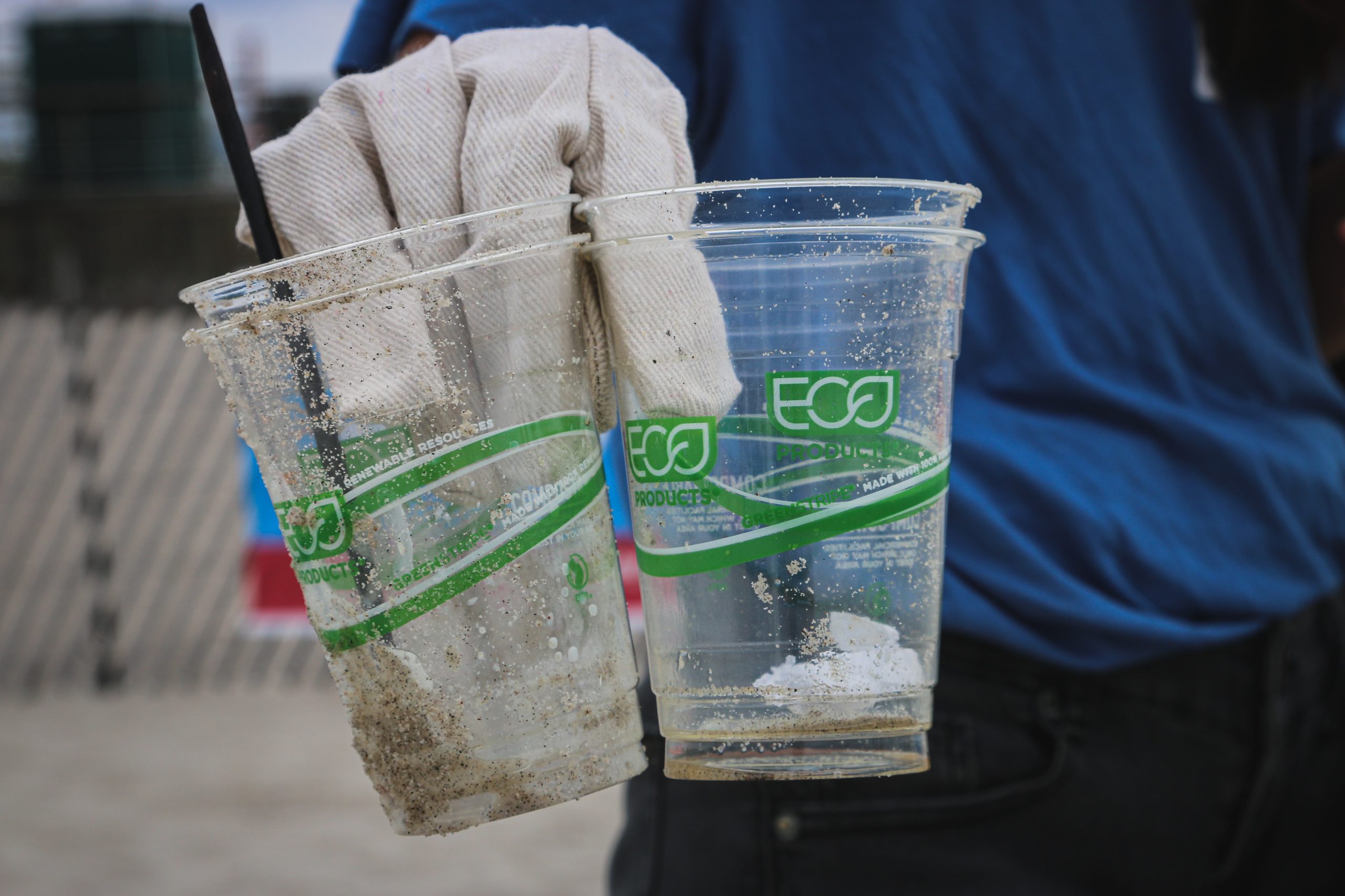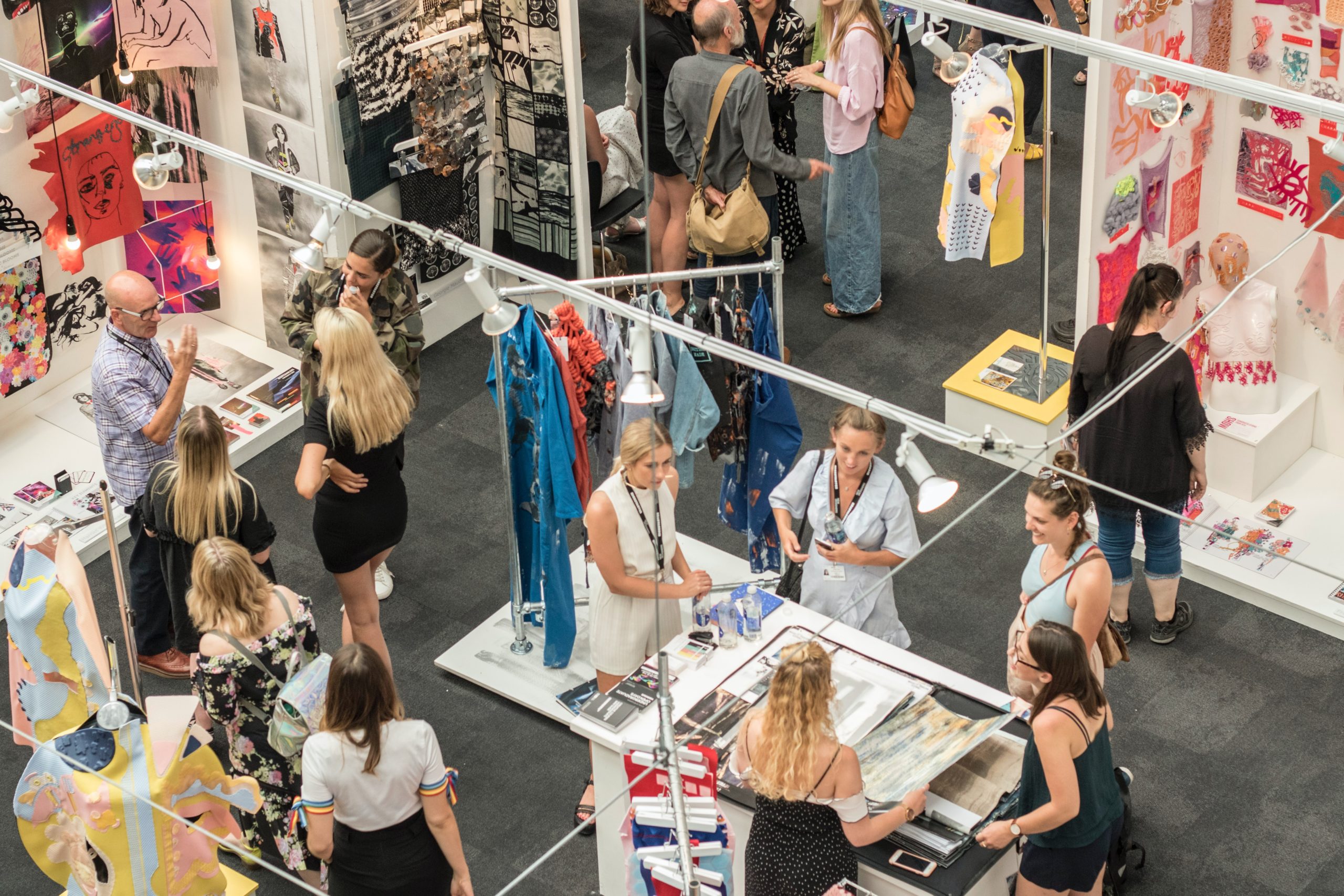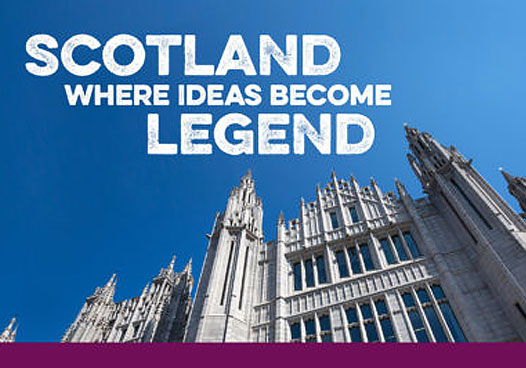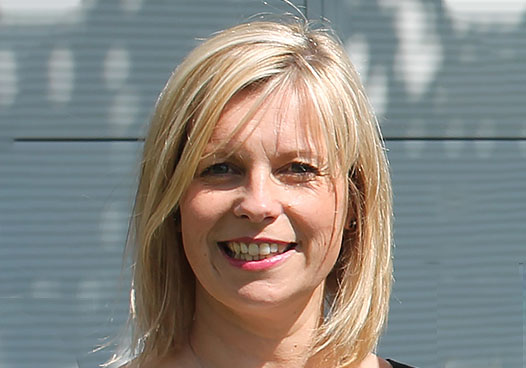Sustainability sells. As a result, greenwashing is becoming more and more common. So why wouldn’t you greenwash? Well, you could get into more trouble than you think…
What is greenwashing?
Greenwashing is when an organisation makes it seem like they’re doing more for the environment than they actually are.
It makes sense—the more your company appears to care for the environment, the more business you can potentially get. It can give you a competitive edge and it can help you access a new, increasingly conscious customer base.
However, making “green” claims could get you in trouble with the Competition and Markets Authority. Last year they published the Green Claims Code due to concerns about people being misled by environmental claims. Their sustainability taskforce is currently looking into numerous misleading claims.
Greenwashing could also get you into trouble with your customers. Eventgoers are becoming more and more curious about sustainability. As your customer base learns more, they become more able to spot greenwashing in the wild.
There are two types of organisations who greenwash:
1. The ones who can’t be bothered
It’s often easier to say you did something than do it. If an organisation knows they should be sustainable but doesn’t want to do the work, they may greenwash just to sound as though they’re on top of it.
2. The ones who don’t know they’re greenwashing
However, organisations are far more likely to greenwash without realising. This could be because of:
- Lack of knowledge
- Customers misunderstanding statements you’re making
- Relying on the sustainability statements and credentials of suppliers to inform their own communications
Here are some ways you might accidentally be greenwashing without realising it…

Accidental greenwashing
You’re trying to be more sustainable, but you’ve not thought about the big picture
It’s a great step to switch to materials which use less resource and energy to manufacture. However, your hard work can be undone if they aren’t disposed of properly. That’s why you need to look at the whole lifecycle of the product or service before you purchase it.
A classic example is providing compostable packaging for food at an event. “Compostable” means the product will fully degrade into compost in 12 weeks – in an industrial composter. Most businesses won’t have an industrial composter to hand.
Instead, one of three things will happen:
- Eventgoers will mistake the packaging for green recyclable waste and put it in the recycling bin. This doesn’t work because it’s made of plants and can actually clog up recycling equipment.
- Really keen users will read that it is compostable and take it home to their own compost bin, where it will sit for months doing nothing.
- Everyone will be far too confused and will just put it in the general waste bin to landfill.
If you’re providing compostable packaging, such as Vegware, you need a separate waste stream which goes to an industrial composter.
The key issue is that you’ve thought about the customer facing piece, but not what happens later.
Using lots of buzz words to sound more sustainable
As consumers become more conscious, businesses try to cram in as many sustainability buzzwords as they can to describe their events. ‘Green,’ for example, is a common descriptor for events. Yet, there is no standard definition for this. A “green event” could mean anything and could mislead eventgoers who believe they’re attending a carbon-neutral event.
Try to avoid words like ‘green’ or ‘eco-friendly’ – they’re just too ambiguous. Instead, use the technical terms. For example, instead of: “this event uses 100% green power,” say “100% of the energy at this event comes from renewable sources.”
Making big claims which don’t mean a lot
In 2020, Ryanair had an advert banned by the Advertising Standards Authority. The advert stated they were the airline with the lowest emissions.
Amongst other reasons, it was banned because:
- The aviation industry is widely known to be a heavily polluting industry, so the phrase “best of a bad bunch” comes to mind. In 2018, they were also one of the top 10 biggest polluters in Europe. This makes the claim less meaningful.
- The Advertising Standards Agency found that the data omitted some of the major airlines. The data highlighted carbon per seat but didn’t factor in that they had more seats than other airlines on their planes. There were many other holes in their data. This made the comparison unfair AND less meaningful.
Try to avoid exaggerating. Saying you are a sustainable event might be true in part but it’s a huge claim to live up to. Try switching your language from sustainable to “more” sustainable. If you’re uncertain whether one of your claims is unsustainable and you want to discuss it with a Sustainability Specialist, call 02476 369580 or book a free consultation at https://zerocarbonevent.com/contact/.

How to avoid greenwashing
1. Do Your Research
If you are making an environmental claim, you should know what it is you’re actually saying.
If you want to make a claim that includes buzz words or words you’re hearing a lot in the industry, then look them up and see what they mean. If they are vague or broad terms, you probably shouldn’t be using them.
If they do have a specific meaning, such as “carbon neutral”, then you need to be sure that you meet that criteria.
2. Work Closely with your Marketing Team
Sustainability can be hard to communicate in an engaging way. It can be difficult to understand, and you may come across like you’re preaching or attacking the audience.
Your marketing team need to know why it’s important that green claims are communicated properly. Their creativity and ideas can be a big asset for making these claims engaging and innovative, so use them!
You can’t always fit a full explanation into marketing communication. It’s always smart to have a full, robust FAQs piece which you signpost to. This will help you cover the more intricate details for those who want to know more.
3. Question what your Suppliers are Saying
One of the biggest factors which can make or break the sustainability of your event is where you source your goods and services. Your suppliers will make green claims. However, if the statement is not actually true, then you are unintentionally greenwashing.
If it sounds too good to be true, it probably is. Ask for evidence to back these claims up – if they can’t provide this, then it might be worth looking elsewhere.
Finally, it seems obvious, but don’t make any claims until you’re happy making them and know they’re correct. Try to push back if you’re under time pressure and explain the importance of getting it right.
Progress, not perfection
Sustainability is a journey. You can’t “win” or “finish” sustainability, but you can show that you’re on that journey. Highlighting your continual improvement is much more authentic and relatable.
It’s all about telling a story and being able to communicate why you’ve made decisions. Take the customer with you on the journey, and they’re more likely to improve alongside you.
 Photo by Edward Howell on Unsplash
Photo by Edward Howell on Unsplash
Why not take a second look…
- Is there a supplier you’d like to look at more closely?
- Does your venue have the sustainability credentials you want?
- Is there a statement you make which you’d like to double check?
Carbon Consultancy can support you in making more sustainable choices for your event.
We provide carbon footprint measurement and consultancy, as well as carbon offsetting.
It doesn’t matter whether you’re building an event from scratch, or are already in the planning stage, our consultants are ready to assist.
Just call 02476 369580 to book your FREE consultation today.
– Blog by Judith Dix, Sustainability Specialist at Conference Care



